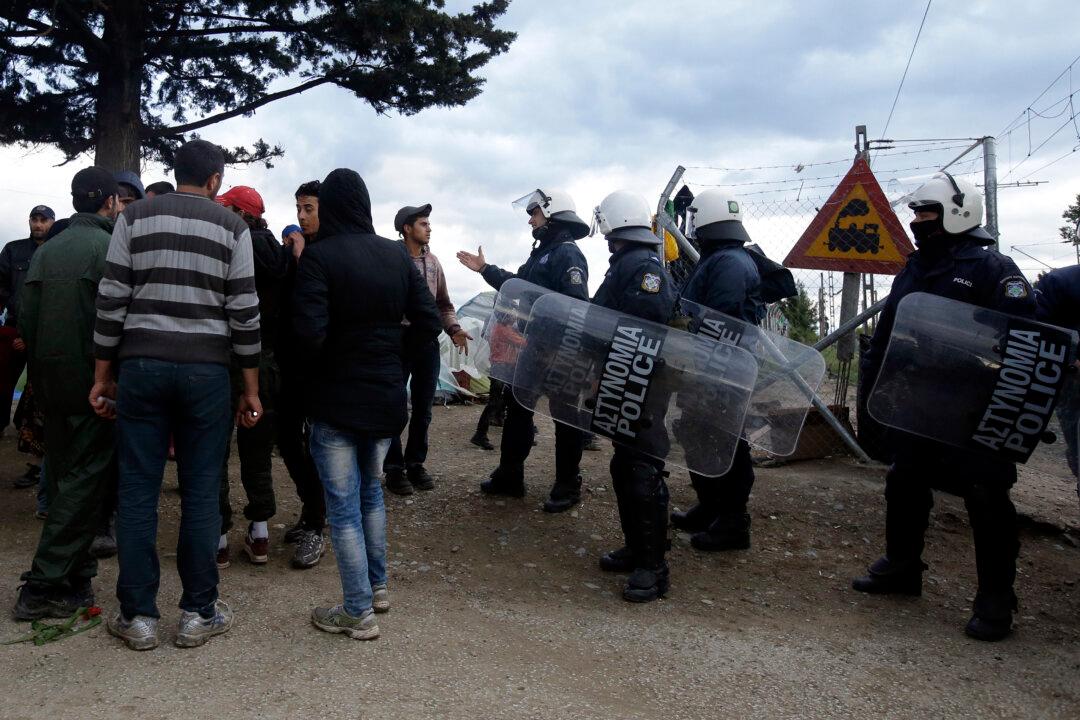BRUSSELS—European Union countries that refuse to accept refugees under proposals to overhaul the EU’s failed asylum laws could face large fines for each asylum seeker rejected.
The penalties are part of a European Commission plan to be made public Wednesday to more evenly share the burden of hosting hundreds of thousands of people fleeing conflict and violence in places like Syria, with the current asylum system on the verge of collapse.
One document seen by The Associated Press shows that the fines — dubbed a “solidarity contribution” — could total 250,000 euros ($287,300) for each asylum seeker a country turns down. Officials said the total could still change ahead of the final decision expected later Wednesday.
The plan still has to be accepted by a large majority of member countries — around two-thirds under the bloc’s qualified majority system — and EU lawmakers. The fine will prove controversial as some countries already vehemently oppose the current EU scheme to share 160,000 refugees in Greece and Italy. Hungary has even moved to hold a referendum on the issue.
Under present EU laws, people seeking international protection in Europe must apply for asylum in the country where they first arrive. That effectively means over-burdened Greece and Italy, and many of their EU partners have failed to help them cope.





